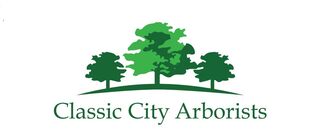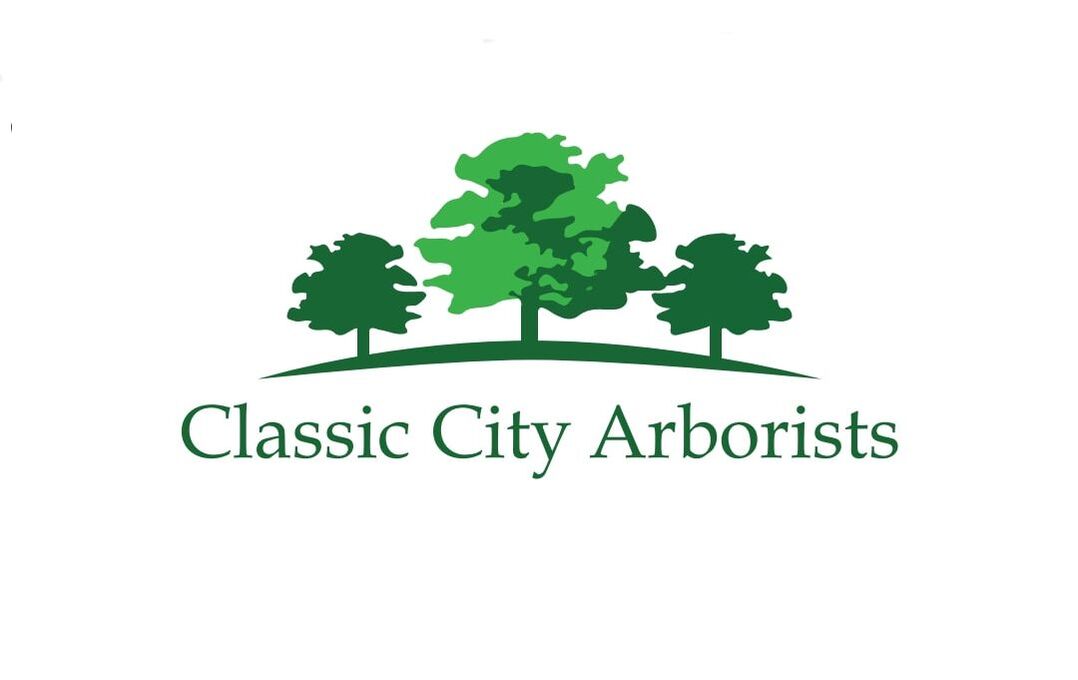|
News and Blog Articles
|
|
Biodiversity is one of those words that you’ve definitely heard before, though you might not 100% understand what it means. Though the term biodiversity itself actually refers to all life on earth, from the smallest gene in your cells to entire thriving ecosystems, the word has taken on a more colloquial definition in recent years. What is biodiversity?Nowadays, biodiversity is used to describe the variety of life (typically plant life) in a given location – for example, your backyard. Environmentalists have spearheaded the movement to encourage homeowners and renters alike to consider planting a range of different native species. Why is biodiversity important?There are a lot of reasons to bring in more plants, like growing your own food and supporting the pollinator population. And greenery is just plain good for humans, mentally and physically. But biodiversity specifically promotes bringing in not just more plants, but different plants. The more species you have in one location, the richer that particular little ecosystem becomes. Rich ecosystems tend to thrive, as every species fills its own niche purpose. What does that mean?Let’s try an example. Think of a house – what makes a good house? You need a bedroom for sleeping. A kitchen for cooking. A living room. A bathroom (probably more than one, if you don’t live alone). You also need things like a door to get in, and windows for light and that cool fall breeze. A house that’s missing some of these things wouldn’t be very functional. How would you prepare food if you didn’t have a kitchen? How would you sleep if you didn’t have a bedroom? How would you get in if you didn’t have a door? On the other hand, a house that has a lot of only a few of these things wouldn’t be very functional, either. What use do you have for four kitchens, but no bathroom? Or seven bathrooms, but no door to get in? You don’t just need a house with a lot of components; you need a house with a lot of different components. There’s a bare minimum of these different components that you need to have in order to qualify as a ‘house’ at all. Bedroom, bathroom, kitchen, door. But the more components a house has, the more desirable it is. A house with five bedrooms, three bathrooms, a kitchen, a living room, a sitting room, a front and a back door, and plenty of windows would definitely make a killing in today’s market. The bare minimum makes a house functional, but the extras make it flourish. How does that translate to ecosystems?Different species in an ecosystem are like the different components of a house. Any given ecosystem needs a variety of both plants and animals to function, and even more to thrive. What does that mean for you?Biodiversity at large isn’t really something you have control over, but what you can control is the little ecosystem around your home. By planting not only more plants, but a bunch of different plants, you’re encouraging biodiversity. The best way to do this is to plant native species. Then you’ll have a home-court advantage; native species have adapted specifically to your area, like average rainfall and sunshine, soil composition, and temperature fluctuations, so you won’t have to do nearly as much work for them to do well. Not only that, but by only bringing in native plants, you can make sure you aren’t accidentally bringing in any invasive species, which can harm your ecosystem. What about animals?What’s that line? Build it, and they will come. There’s no need to think about introducing more fauna to your ecosystem. If you bring in more plants, then more insects will flock to the newly-available food source. Birds will follow, as there are yummy insects and berries to eat, and plenty of foliage for building nests. Butterflies and bees will wander around, cross-pollinating everything in their quest for nectar. It all starts with youJust think of it: if everyone in your neighborhood added one or two native plants to their property, that would be dozens – if not hundreds – of new plants in the local ecosystem. That kind of boost will help your entire area flourish. And what if every neighborhood did that? The town would flourish. And if all the towns did that? The state would flourish. And if all the states did that? You get the idea. Adding a few new native species to your backyard might seem like a small thing, but don’t underestimate the power you as an individual have to change the world. AuthorEmily Casuccio is sister and sister-in-law to Rebekah and Scott Rushing, and has over half a decade of experience in copywriting, copyediting, proofreading, and developmental storyboarding. She's worked with both published and undiscovered authors on both fiction and nonfiction, and takes pride in supporting local businesses. Her passion lies in the written word and helping authors of all capacities realize their dreams and achieve their fullest potential. To learn more about her, read samples of her work, or contact her, visit her online portfolio.
0 Comments
Your comment will be posted after it is approved.
Leave a Reply. |
Categories
All
Archives
January 2023
|
|
23 Whatever you do, work at it with all your heart, as working for the Lord, not for human masters,
24 since you know that you will receive an inheritance from the Lord as a reward. It is the Lord Christ you are serving.
Colossians 3:23-24
24 since you know that you will receive an inheritance from the Lord as a reward. It is the Lord Christ you are serving.
Colossians 3:23-24

